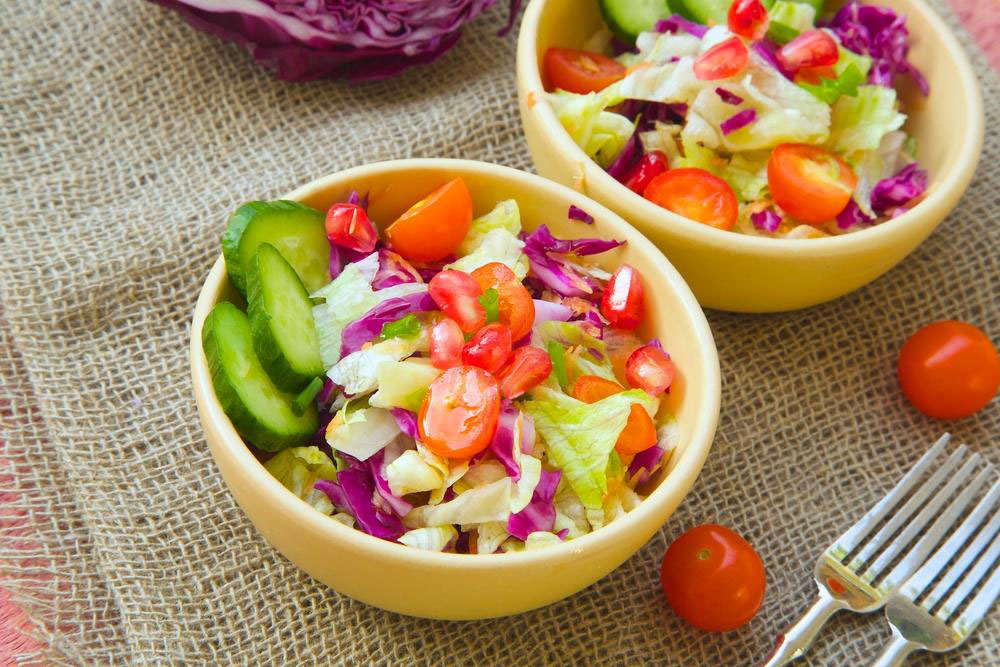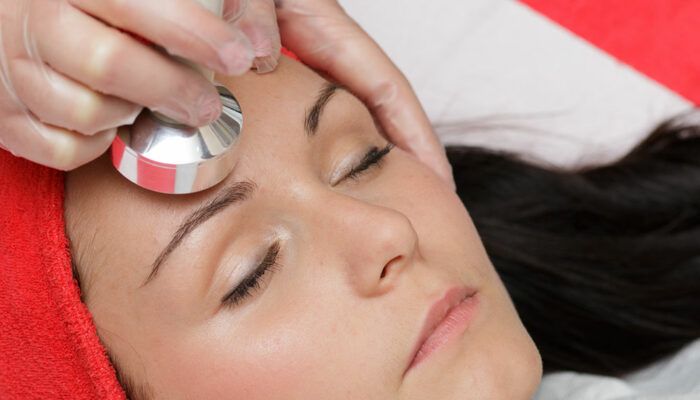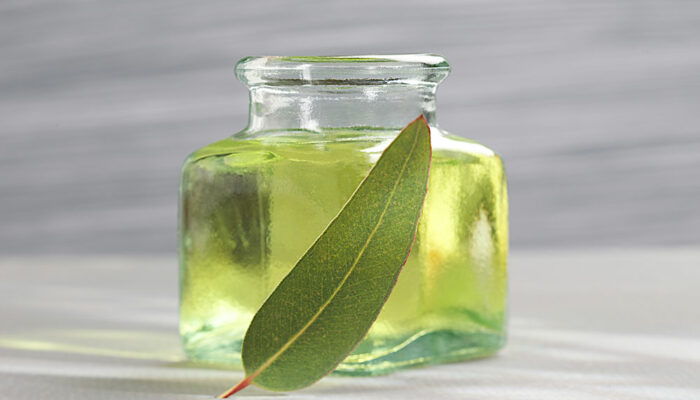
Diet Tips to Control Cholesterol Levels
Cholesterol is essentially a type of fat that can be found in the blood. It is an important part of the structure and should be maintained at the right levels to prevent any health issues. The cholesterol level in a person varies with weight, gender, and age. As time progresses, the body tends to produce more and more cholesterol. Adults need to check their cholesterol regularly every four to six years.
1. What is the ideal cholesterol level?
A total cholesterol level under 200 milligrams per decilitre is ideal. Anywhere between 200 to 239 mg/dL is moderately high. Above 240mg/dL is considered high .LDL cholesterol must be below 100 mg/dL. Anywhere between 100 to 129 mg/dL is considered acceptable for those without any health issues. 130 to 159 mg/dL is considered moderately high and above 189mg /dL is high. HDL cholesterol must be high in a person. Less than 40 mg/dL is dangerous and can lead to heart diseases. A reading between 41 to 59 mg/dL is considered borderline low and above 60 mg /dL is optimal.
2. What are the lifestyle changes that can help you keep your cholesterol level in control?
While there are medications that can help keep cholesterol levels in control, it is more beneficial to make lifestyle changes. Here are some of the few lifestyle changes you can try:
- Eat foods that are good for your heart
- Exercise regularly
- Stop smoking
- Work on losing weight
- Consume alcohol in moderation
If lifestyle changes are not reducing your cholesterol levels, your doctor may recommend some medication.
3. How can you lower your cholesterol level with a diet?
You need to ensure that the food you consume can improve your condition. Here are some aspects that can help:
- Choose foods with healthy fats
- Avoid foods with cholesterol
- Consume more soluble fiber
- Eat more foods with omega-3 fatty acids
- Increase your intake of vegetables and fruits
- Reduce salt intake
- Reduce alcohol intake
4. Which food items should be eaten if one has high cholesterol levels?
Here is a list of foods that can help you reduce your cholesterol levels:
- Oats
- Nuts
- Vegetable oils
- Apples
- Grapes
- Citrus fruits
- Strawberries
- Whole grains
- Beans
- Okra
- Eggplant
- Foods that have stannous and sterols
These are some of the foods that you can incorporate into your diet while retaining a balanced intake of all the vitamins and nutrients.
5. Which food items need to be avoided in a high cholesterol diet?
Certain foods have high amounts of cholesterol and must be avoided at all costs if you have been diagnosed with high cholesterol:
- Eggs
- Cheese
- Shellfish
- Organ meats
- Sardines
- Full fat yogurt
- Pasture-raised steak
These foods should be avoided or reduced as a part of the high cholesterol diet.
6. What are the best drinks to have in a high cholesterol diet?
Certain drinks can have a positive impact on reducing your cholesterol levels. You can consult your doctor and increase the intake of these drinks:
- Green tea
It has several positive effects on the body; one of them being a positive impact on your cholesterol levels.
- Citrus juice
Any fruit with high amounts of citrus is beneficial.
- Cranberry juice
Cranberry comes with several useful properties and must be included in your high cholesterol diet.
7. How long does it take for a high cholesterol diet to be effective?
Making dietary changes before relying on medication is the best way to start managing your cholesterol levels. Medications can lead to side effects and they also make you dependent. A healthy lifestyle following a high cholesterol diet is bound to show a dramatic decline in your cholesterol levels if followed judiciously for two to three weeks.



